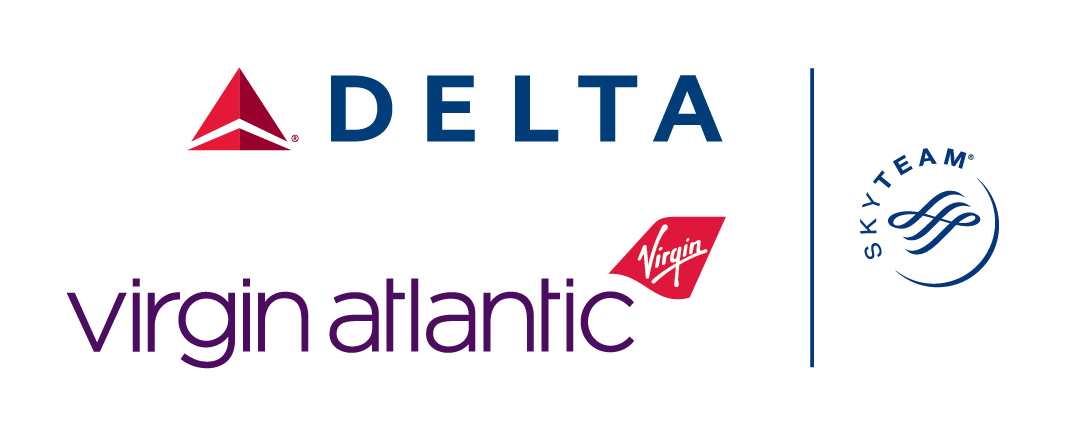Corporate Travel & Business Payment Solutions in 2025
)
Original Contribution by: Business Travel Show Europe Content Team
Updated by: Jonathan Carter-Chapman, Marketing Director, Northstar Travel Group
Re-published: April 2025
Topics: Business Travel, Virtual Cards, Online Payments, Mobile Apps, ESG, AI, Sustainability
Read Time: 8 minutes
Quick Summary: Corporate travel and business payments are undergoing a fundamental shift. Driven by post-pandemic realities, changing consumer behaviours, and technological innovation, organisations must rethink how they manage travel, payments, and sustainability. From the rise of virtual corporate cards and AI-driven expense systems to the growing importance of bleisure trips and ESG goals, this article outlines the most important trends shaping the future of our industry.
A post-pandemic transformation: What’s driving change in corporate travel and payments?
The commercial payment space is transforming faster than predicted, largely influenced by three major drivers:
- The digital expectations of consumers
- The operational impact of the COVID-19 pandemic
- A renewed focus on sustainability and ethical governance
Companies are having to reimagine how they approach payments, travel policy, and employee expectations. This is the BIG Rethink - a fresh approach built on agility, integration, and future-forward solutions.
Key Business Travel and Payment Trends for 2025
1. Business payment solutions must reflect consumer convenience
Today’s employees expect the ease of consumer apps in their work tools. Mobile-first experiences, digital wallets, and flexible online payment options are no longer optional - they’re expected. According to Money Transfers, over 25% of global users now use mobile payments.
For small businesses and larger corporates alike, this means adopting user-friendly, secure, and intuitive business payment solutions.
2. Corporate virtual cards are becoming the norm
The rise of virtual cards - digital alternatives to traditional physical corporate credit cards - is revolutionising B2B payment flows:
- Enhanced security and fraud protection
- Greater control over budgets and employee spend
- Simplified reconciliation and data analysis
The global virtual cards market is expected to hit over $60 billion by 2030. With flexible control settings and integration capabilities, these are becoming essential tools in managing business trips and related expenses.
3. Seamless integration is key to scaling payment systems
Integrated payment ecosystems - linking expense platforms with virtual cards and procurement tools—are improving visibility, compliance, and control. Coupa data shows that pre-approved PO-backed virtual cards can reduce daily transactions by 80%.
This is particularly important as many organisations shift to decentralised, self-booking travel models supported by mobile apps and real-time dashboards.
4. Bleisure travel is reshaping travel behaviour
The blend of business and leisure travel - known as "bleisure trips" - continues to grow. According to TripActions, 35% of business travel bookings now include a weekend stay.
This isn’t just about enjoyment. It reduces the carbon footprint of multiple trips and contributes to employee wellbeing. The bleisure travel market is projected to reach $497 billion globally.
5. Sustainable business travel is now a boardroom priority
Sustainability is no longer a "nice-to-have". Organisations are prioritising:
- Carbon tracking tools
- Paperless solutions
- Rail alternatives for short-haul travel
- Long-haul trip consolidation
Green strategies not only fulfil ESG goals but also enhance employer branding and appeal to ethically conscious clients and employees.
6. AI and automation are streamlining everything
Artificial intelligence is rapidly enhancing corporate travel and finance:
- Automating approval flows
- Personalising itineraries
- Predicting budget outcomes
- Preventing fraud in international transactions
Smart forecasting and predictive analytics allow finance teams to better plan, respond, and optimise. Blockchain is also beginning to be explored for added security and smart contracts in booking platforms.
7. Contactless and mobile app payment options are evolving
The growth of wearable tech, mobile apps, digital wallets, and virtual POS (point-of-sale) systems is transforming how business travellers pay on the go. It’s not just about convenience - it’s about aligning payment methods with consumer habits and futureproofing.
Additional Considerations: Key Trends Shaping the Next Phase
Enhanced mobile experiences
More travel and finance functions are moving to mobile apps—allowing travellers to book, pay, claim expenses, and receive alerts in real time.
International transaction capabilities
Payment providers are expanding capabilities to manage multi-currency international transactions with transparent fees and faster reconciliation.
Credit card and virtual card co-existence
While virtual cards are growing, physical corporate credit cards remain important in regions with lower digital payment adoption. Hybrid models are emerging.
Overcoming integration and adoption barriers
Despite innovation, many organisations struggle with:
- Legacy systems and fragmented processes
- Inconsistent digital adoption among vendors (e.g. hotels not accepting virtual cards)
- Data silos preventing full automation
To address these, businesses need cross-departmental collaboration between finance, procurement, and travel teams, supported by leadership buy-in.
What does the future hold for corporate travel and payments?
The outlook is one of smart integration, digital-first solutions, and human-centric design. While physical cards won’t disappear overnight, the industry is clearly shifting to more agile, virtual-first strategies.
The future also includes more dynamic travel policies, biometric credentials, AI-powered booking, and integrated ESG tracking—all working together to meet the expectations of a more conscious, connected workforce.
Key Takeaways
- Virtual cards are leading the transformation in corporate payment solutions
- Bleisure trips and sustainability are more than trends - they’re strategic imperatives
- AI and automation will continue to streamline business travel management
- Contactless and mobile app payments are aligning corporate with consumer behaviour
- Integration and flexibility are critical to futureproofing travel and finance operations
- Online payments and international transaction tools will increase global accessibility
Frequently Asked Questions
Further Reading
- The State of Corporate Travel and Expense 2025 - Skift
- Virtual Cards Boost Commercial Payment Speed and Security - PYMNTS
- Manual Spend Management Is a Disaster Waiting to Happen - PYMNTS
- Business Travel Trends Shaping 2025 - Navan
Acknowledgement: This article is a reworked version of an original post published by the Business Travel Show Europe team.



)
)
)
)
)
)
)
)
)
)
)
)
)
)
)
)
)
)
)
)
)























